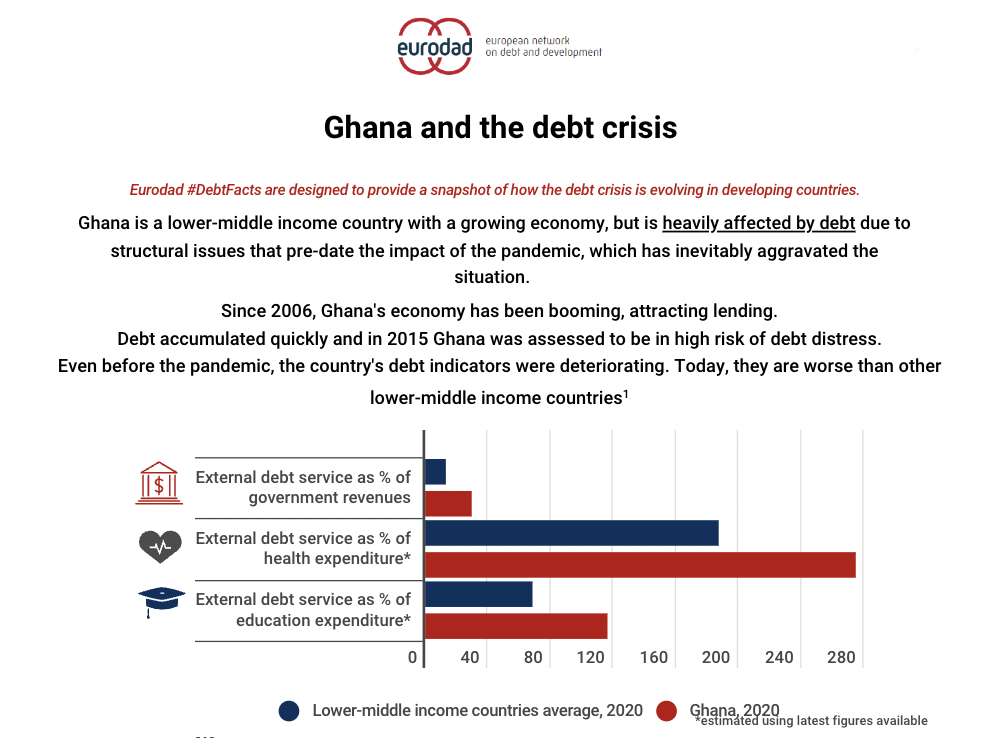Debt audits can be a powerful tool to support civil society engagement in citizen assessment of debt impacts but also to increase citizens’ participation in public finance governance, leading to an increase in accountability and transparency and allowing for the identification of illegitimate debts at the national, regional and municipal level.
This briefing is a general introduction to debt audits, what they can contribute and their main characteristics, while also providing references to manuals and articles on debt audits. It is intended to support civil society organisations (CSOs) and government officials that are thinking about promoting a debt audit by providing some initial ideas about how to initiate this kind of process.
The briefing covers:
- What is a debt audit?
- What we can expect from a debt audit
- What is analysed under a debt audit
- How to start and continue the process
- Difficulties that can be expected
- Previous examples of debt audits
- Resources and more information.

